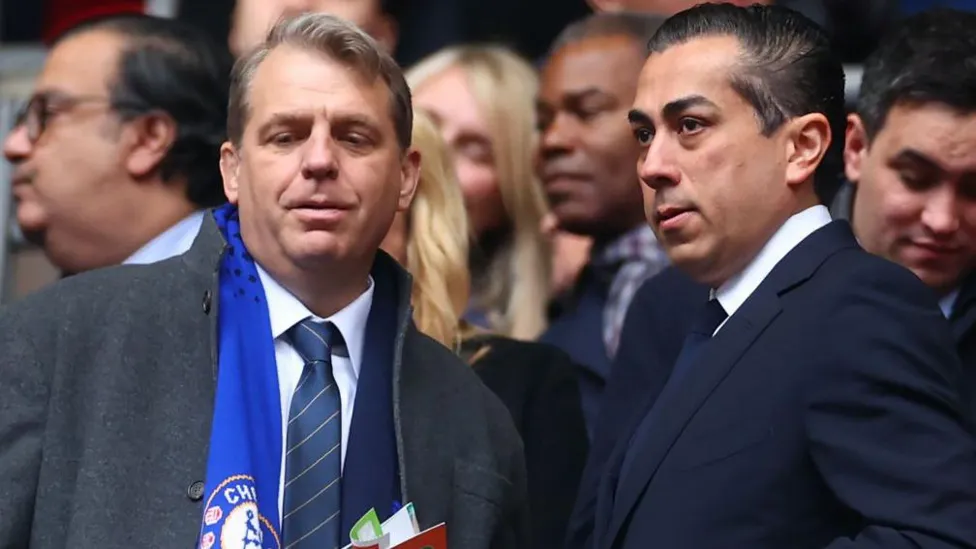
Chelsea Football Club is currently embroiled in a significant ownership dispute as two of its major investors are at odds over control of the club. Todd Boehly and Clearlake Capital are at the center of the conflict, with neither party willing to relinquish their stake in the club.
Current Ownership Structure
Todd Boehly, who is often perceived as the leading figure due to his prominent public role and notable comments, such as proposing a Premier League all-star game, holds a 12.8% stake in Chelsea. This stake, shared equally with Mark Walter and Hansjorg Wyss, limits his ability to unilaterally drive decisions.
In contrast, Behdad Eghbali, co-founder of Clearlake Capital, is the most influential figure at Stamford Bridge, controlling a majority 61.5% stake through Clearlake. Eghbali, along with Clearlake co-founder Jose E. Feliciano, is firmly opposed to selling their shares and aims to increase their stake.
The Rift
The discord between Boehly and Clearlake became more apparent after Boehly expressed a desire to buy out Clearlake, a move initially reported by Bloomberg. This rift underscores the broader challenges within the ownership group, which was formed to acquire Chelsea following sanctions against former owner Roman Abramovich due to Russia’s invasion of Ukraine.
Historical Context and Recent Developments
The current ownership strife echoes the rapid sale of Chelsea in early 2022, when Boehly emerged as a prominent bidder. Under Boehly’s initial leadership, Chelsea made significant transfers, including Raheem Sterling and Wesley Fofana, and sacked Thomas Tuchel in favor of Graham Potter. However, Boehly’s tenure as sporting director ended in January 2023, with Eghbali assuming more control.
Eghbali played a key role in major transfer deals, such as signing Mykhailo Mudryk and Enzo Fernandez. The divide deepened towards the end of the 2022-23 season, culminating in a public criticism of the team by Boehly and a managerial change from Mauricio Pochettino to Enzo Maresca.
Management and Financial Decisions
The divide has impacted Chelsea’s operations, with complaints about Eghbali’s involvement in football matters and Boehly’s hands-off approach in comparison to his successful tenure with the LA Dodgers. Both sides have overseen substantial spending, with over £1.5bn invested in transfers and a significant overhaul of the squad.
Despite modernizing certain departments, such as medical and recruitment, progress on stadium redevelopment and securing sponsorship deals has slowed. The women’s team, less affected by ownership disputes, continues to perform well and seeks a minority investor for its side of the club.
Possible Resolutions
The ownership dispute could result in one of four outcomes:
- Boehly buys out Clearlake’s stake.
- Clearlake buys out Boehly.
- A continued stalemate or partial resolution.
- Involvement of a third party.
Both Boehly and Clearlake hold veto power over significant decisions, including the sale of shares. Clearlake’s majority position provides them with an advantage, but Boehly might test the waters with a speculative bid. The resolution of this conflict will ultimately depend on financial negotiations and boardroom decisions.
